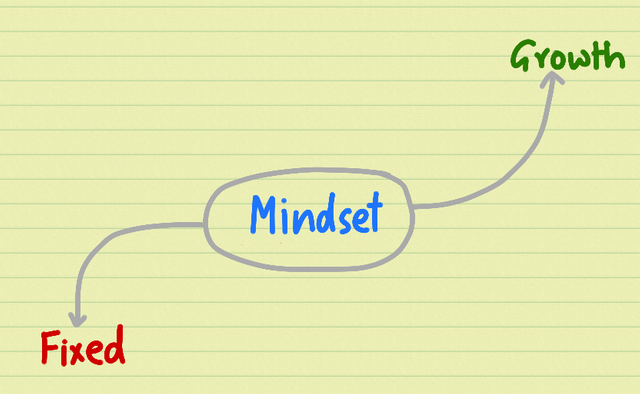Why what we believe matters more than we know

How do we make decisions that may influence our lives for many years in the future?
A surprisingly simple answer may be that it depends on our mindset.
According to Carol Dweck, a Professor of Psychology at Stanford University who researches motivation, what we believe about what we are capable of doing has a huge impact on the eventual outcome – and success or failure.
This starts early. Four year old children given a choice between an easy puzzle and a hard one split into two groups based on what they believed.
The children with what Dweck calls a fixed mindset stuck with the easier puzzle, telling the researchers that smart kids didn’t make mistakes.
The children with a growth mindset took the harder one, finding the easy one boring and apparently more comfortable with the idea that they might not succeed.
The point, Dweck explains in her book Mindset, is that children taught to view intelligence and creativity as innate, fixed characteristics are more likely to view setbacks as permanent.
On the other hand, children that are taught that failing at something simply means that they have not yet succeeded can go on to practice, get better and try again.
Dweck’s is one of an increasing number of scholars that work in the field of positive psychology – studying how to live better rather than the more traditional approach of studying what is wrong.
The work they do, as a result, is based on modern research techniques rather than simple motivational thinking.
A sceptic, after all, would simply argue that it’s obvious that people who think positively do better. Where is the insight in that?
It turns out, however, when you carry out brain imaging scans of people with different mindsets the brain activity of growth oriented people showed more activity in processing meaning and relationships – literally having more neuronal connections firing trying to get to an answer.
The other thing that came out from the imaging studies was that growth oriented people were focused on finding the answer while people with a fixed mindset had more brain activity in regions that dealt with their emotional responses – how they would feel about getting the answer right or wrong.
In summary, a fixed mindset believes that capabilities are innate and fixed – people are born smart, for example.
A growth mindset believes that capabilities can be improved over time – persistence and hard work can make a difference.
This matters, especially when it comes to changing outcomes for children born into deprived areas where there may be a prevailing belief that they are simply less smart than others and will never amount to anything.
Most people will be on a continuum between the two mindsets.
Knowing which one we tend towards, however, may be the first step towards explaining some of the decisions and choices we have made so far in our lives.
Recognising that we can develop a preferred mindset may open up new opportunities – things that we can yet do.
Congratulations @karthiksuresh! You have completed some achievement on Steemit and have been rewarded with new badge(s) :
Click on any badge to view your own Board of Honor on SteemitBoard.
For more information about SteemitBoard, click here
If you no longer want to receive notifications, reply to this comment with the word
STOP